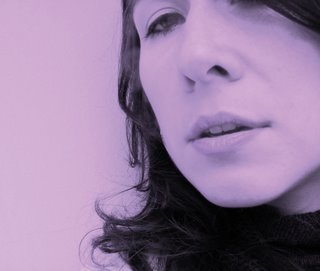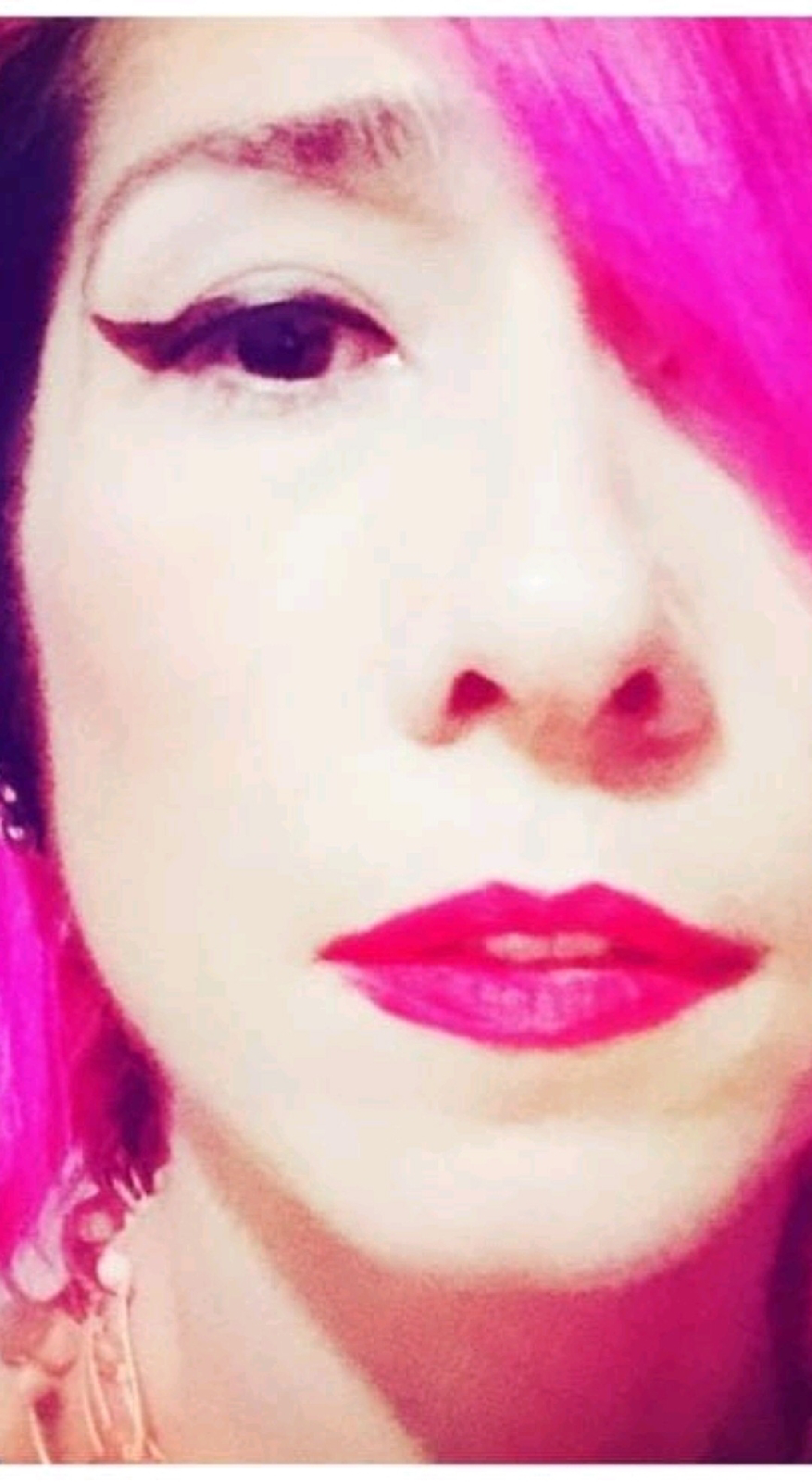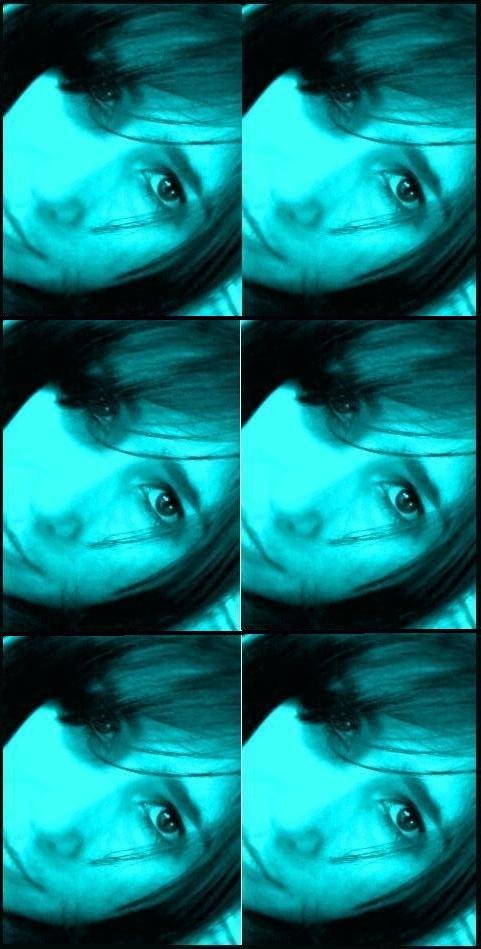
Wish to be mother. Curious of being mother. I will be a mother some day!
The text that you are about to read is a "reading response" about a short storie called YELLOW WALL PAPER:
Women’s bodies and mind face great changes during and after pregnancy. In Charlotte Gilman’s “The Yellow Wallpaper” post-partum depression is discussed as one of the traumas that pregnancy might cause. The protagonist agonizes by having hallucinations seen through images depicted in bright yellow wallpaper in her bedroom, apparently caused by this condition. Moreover, she does not feel prepared for the motherhood.
The post-partum trauma has been just recently well studied. There are even cases that the mother wishes to kill her own baby. In “The Yellow Wallpaper”, the mother does not feel ready to take care of him. She desperately needs to stay alone, preferably in the bedroom where she can wonder images from the wallpaper. Since this story was written in the 19th century, her condition was seen as a mere illness. Her husband does not collaborate much, besides he denies her request of changing the wallpaper. John, the husband, complicates her recovery by not letting her live normally.
The mother’s situation does not improve with time. The wallpaper suffocated her so intensely that I could not believe what she has to say: “I never saw so much expression in an inanimate thing before, and we all know how much expression they have! I used to lie awake as a child and get more entertainment and terror out of blank walls and plain furniture than most children could find in a toy-store (Gilman 172).”
Hence her post-partum condition, she resigns towards John. Historically women were dominated by the opposite sex for years and years. The mother in the short story follows the standard female character built in each woman of those times. She is “forced” to not understand her condition without even noticing that. The color and distinct shapes of the wallpaper haunted her “psychological being”, betraying her own body’s will: “I’m feeling ever so much better! I don’t sleep much at night, for it is so interesting to watch developments; but I sleep a good deal in the daytime (Gilman 168).”
Her husband denies, even unconsciously, helping her recovery. It is very disappointing to know how women have been neglected, rejected, and confused for so many years. The protagonist offers vulnerability only: “he laughs at me so about this wallpaper (Gilman 161).” John is in every man when ignorance becomes his main power. Gilman’s description is excellent, the house, garden, the room, color, textures, etc. Yet, the author confuses us a little, as readers, by having written a supposing ghost short story. In fact, back in old times, most of the psychological disturbances were treated as having witchcraft or haunting origins.
Work Cited
Gilman, Charlotte Perkins. “The Yellow Wallpaper.” Literature: Reading, Reacting, Writing. Ed. Laurie G. Kirszner and Stephen R. Mandell. 4th Ed. Fort Worth: Harco
Women’s bodies and mind face great changes during and after pregnancy. In Charlotte Gilman’s “The Yellow Wallpaper” post-partum depression is discussed as one of the traumas that pregnancy might cause. The protagonist agonizes by having hallucinations seen through images depicted in bright yellow wallpaper in her bedroom, apparently caused by this condition. Moreover, she does not feel prepared for the motherhood.
The post-partum trauma has been just recently well studied. There are even cases that the mother wishes to kill her own baby. In “The Yellow Wallpaper”, the mother does not feel ready to take care of him. She desperately needs to stay alone, preferably in the bedroom where she can wonder images from the wallpaper. Since this story was written in the 19th century, her condition was seen as a mere illness. Her husband does not collaborate much, besides he denies her request of changing the wallpaper. John, the husband, complicates her recovery by not letting her live normally.
The mother’s situation does not improve with time. The wallpaper suffocated her so intensely that I could not believe what she has to say: “I never saw so much expression in an inanimate thing before, and we all know how much expression they have! I used to lie awake as a child and get more entertainment and terror out of blank walls and plain furniture than most children could find in a toy-store (Gilman 172).”
Hence her post-partum condition, she resigns towards John. Historically women were dominated by the opposite sex for years and years. The mother in the short story follows the standard female character built in each woman of those times. She is “forced” to not understand her condition without even noticing that. The color and distinct shapes of the wallpaper haunted her “psychological being”, betraying her own body’s will: “I’m feeling ever so much better! I don’t sleep much at night, for it is so interesting to watch developments; but I sleep a good deal in the daytime (Gilman 168).”
Her husband denies, even unconsciously, helping her recovery. It is very disappointing to know how women have been neglected, rejected, and confused for so many years. The protagonist offers vulnerability only: “he laughs at me so about this wallpaper (Gilman 161).” John is in every man when ignorance becomes his main power. Gilman’s description is excellent, the house, garden, the room, color, textures, etc. Yet, the author confuses us a little, as readers, by having written a supposing ghost short story. In fact, back in old times, most of the psychological disturbances were treated as having witchcraft or haunting origins.
Work Cited
Gilman, Charlotte Perkins. “The Yellow Wallpaper.” Literature: Reading, Reacting, Writing. Ed. Laurie G. Kirszner and Stephen R. Mandell. 4th Ed. Fort Worth: Harco
 My dream future is happening right now, just as I speak (or blog). The world may become one nation while I am here trying to prepare myself to understand, be part of, and survive in this historical moment. My writings have become my instrument to conquer my space. I have seen many things in life, but not everything that there is to see. This is what brought me to this practice; the possibility of learning how to play this instrument (writing) accurately and sophisticatedly. I've always believed that writing allows one to live different experiences, breathe in distant drafts, and step on exotic soils. Writing is so powerful. Besides, I am enchanted with this media technology called webblogs. Blogs are useful reading because it is a language that entertains, amuses, and even teaches about new places, cultures, and other people's ways to see life through without killing the magic of the moment. Here, you'll read old letters I received, past emails sent, school and college projects that made me proud of my 3.8 GPA, my mad poems which will be part of a "maybe-book" named THE PAWNSHOP (got the picture?), and other epiphanies. Through my writings, I have gotten the capacity to organize this whole wide world, to plan the chaos, and give meaning to all facts in my life.
My dream future is happening right now, just as I speak (or blog). The world may become one nation while I am here trying to prepare myself to understand, be part of, and survive in this historical moment. My writings have become my instrument to conquer my space. I have seen many things in life, but not everything that there is to see. This is what brought me to this practice; the possibility of learning how to play this instrument (writing) accurately and sophisticatedly. I've always believed that writing allows one to live different experiences, breathe in distant drafts, and step on exotic soils. Writing is so powerful. Besides, I am enchanted with this media technology called webblogs. Blogs are useful reading because it is a language that entertains, amuses, and even teaches about new places, cultures, and other people's ways to see life through without killing the magic of the moment. Here, you'll read old letters I received, past emails sent, school and college projects that made me proud of my 3.8 GPA, my mad poems which will be part of a "maybe-book" named THE PAWNSHOP (got the picture?), and other epiphanies. Through my writings, I have gotten the capacity to organize this whole wide world, to plan the chaos, and give meaning to all facts in my life.

